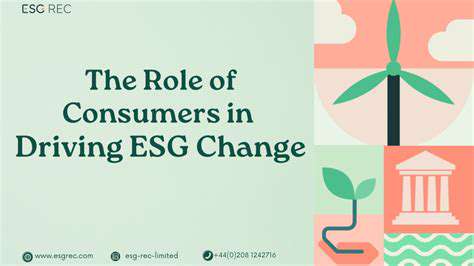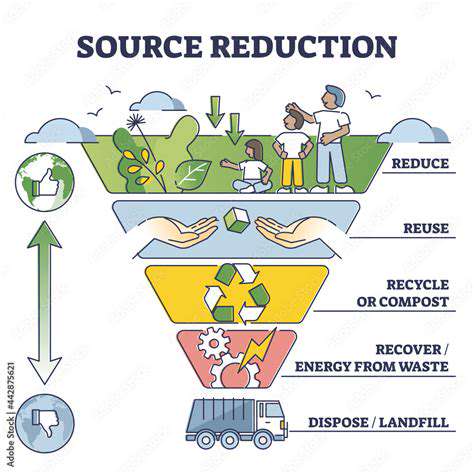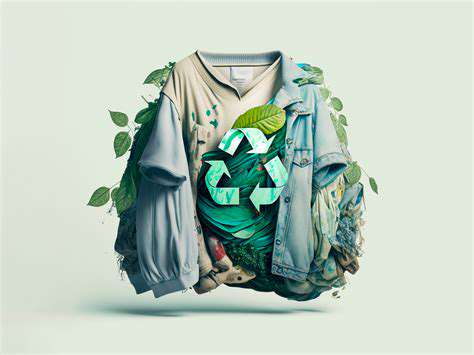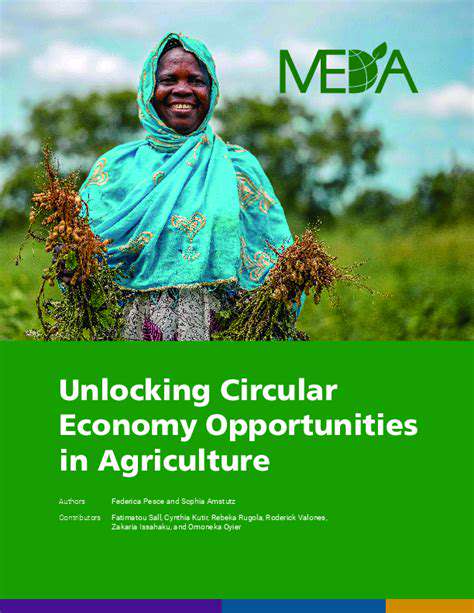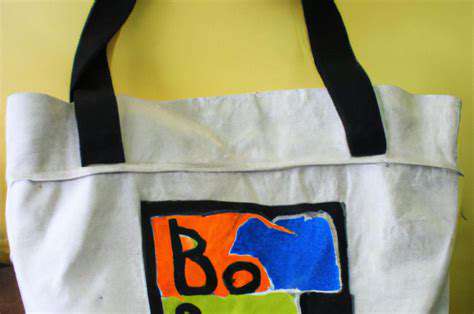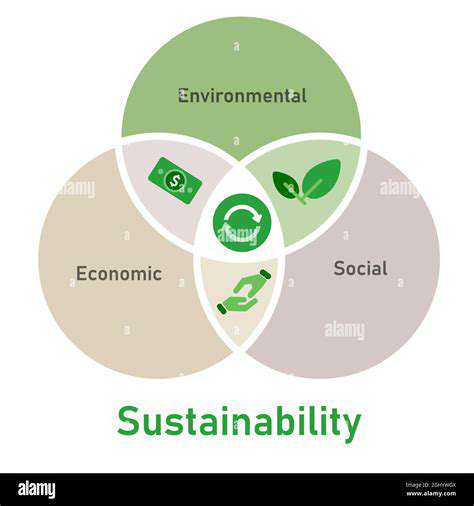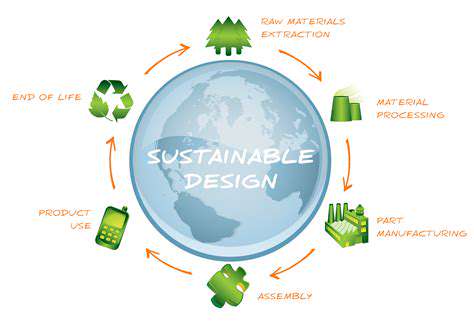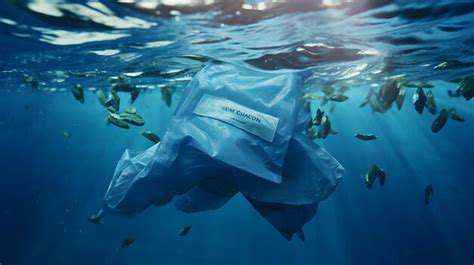Sustainable Fashion and Human Rights: An In Depth Look
Environmental Degradation and Resource Depletion
Environmental Impacts of Fast Fashion
The relentless pursuit of fast fashion, characterized by rapid design cycles and low production costs, has devastating environmental consequences. Manufacturing processes often rely heavily on unsustainable practices, including the intensive use of water and energy. Textile dyeing, a crucial step in garment production, releases harmful chemicals into water sources, contaminating ecosystems and posing significant risks to human health. The sheer volume of textile waste generated from discarded clothing and unsold inventory contributes significantly to landfill pollution, representing a major environmental burden.
Furthermore, the transportation of raw materials and finished goods across vast distances generates substantial carbon emissions, contributing to climate change. The demand for readily available, inexpensive clothing fuels this unsustainable supply chain, pushing for faster production cycles and increased resource consumption. This relentless cycle of production and disposal demonstrates a clear disconnect between consumer demand and the environmental impact of the industry.
Resource Depletion and Material Scarcity
The fashion industry's insatiable appetite for resources is a major contributor to resource depletion. Cultivating raw materials like cotton and other fibers requires vast amounts of land, water, and pesticides. The intensive farming practices often associated with these crops can degrade soil quality and contribute to biodiversity loss. The extraction of materials like polyester and nylon necessitates the use of fossil fuels, exacerbating the global energy crisis and furthering reliance on non-renewable resources.
The escalating demand for new materials puts pressure on finite resources, leading to a potential scarcity of raw materials in the future. This scarcity will inevitably impact production costs, potentially driving up prices and making fashion less accessible for many. The industry must move towards sustainable practices that prioritize the responsible use of resources and minimize their environmental footprint.
Ethical Considerations and Labor Practices
Environmental degradation is not the only ethical concern within the fashion industry. Unsustainable practices often lead to exploitative labor conditions. Workers in factories producing fast fashion garments may face unsafe working environments, low wages, and limited labor rights. The pursuit of low costs frequently prioritizes profit over worker well-being, creating a system where human rights are often sacrificed for the sake of expediency.
Transparency in supply chains is crucial to address these issues. Consumers need to demand greater accountability from brands and retailers regarding the ethical treatment of workers throughout their supply chains. Supporting brands committed to ethical and sustainable practices can help foster a more just and equitable fashion industry.
The Need for Sustainable Alternatives
The urgent need for sustainable alternatives to fast fashion is undeniable. Consumers can play a pivotal role in driving change by making conscious purchasing decisions. Supporting brands that prioritize ethical production, sustainable materials, and responsible labor practices is essential. Investing in clothing that is durable, repairable, and designed to last for a longer period can reduce the demand for frequent replacements, thereby lessening the environmental impact.
Promoting circular fashion models, including clothing rental, repair services, and secondhand markets, can significantly reduce textile waste. Technological advancements, such as biodegradable materials and innovative dyeing techniques, offer exciting possibilities for a more environmentally friendly future for the fashion industry. Ultimately, achieving sustainable fashion requires a multifaceted approach involving consumers, brands, policymakers, and the industry as a whole.
